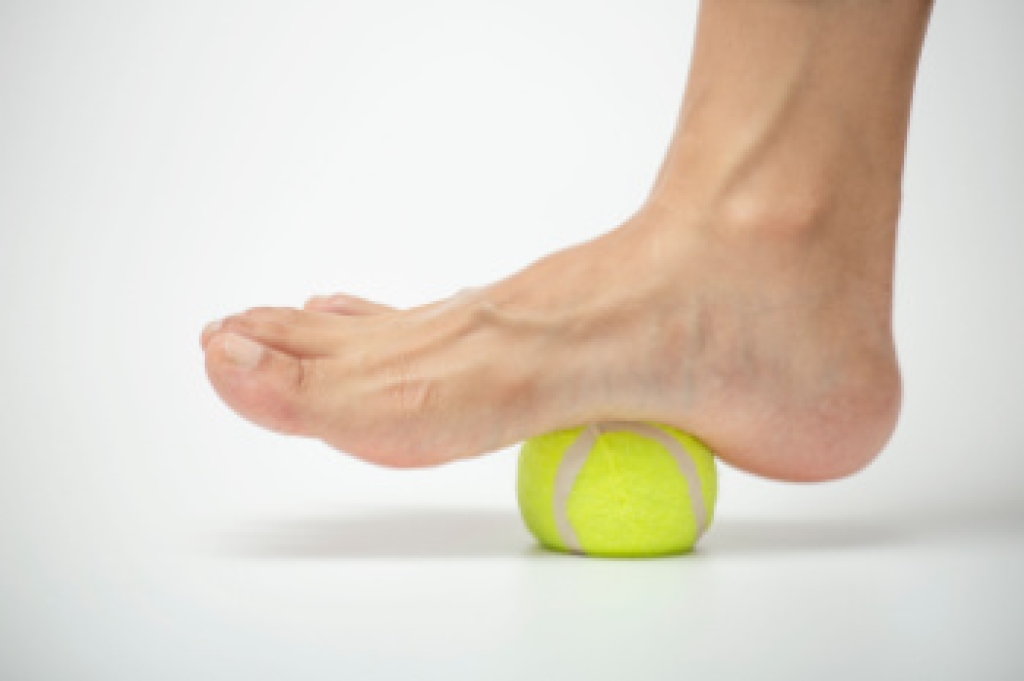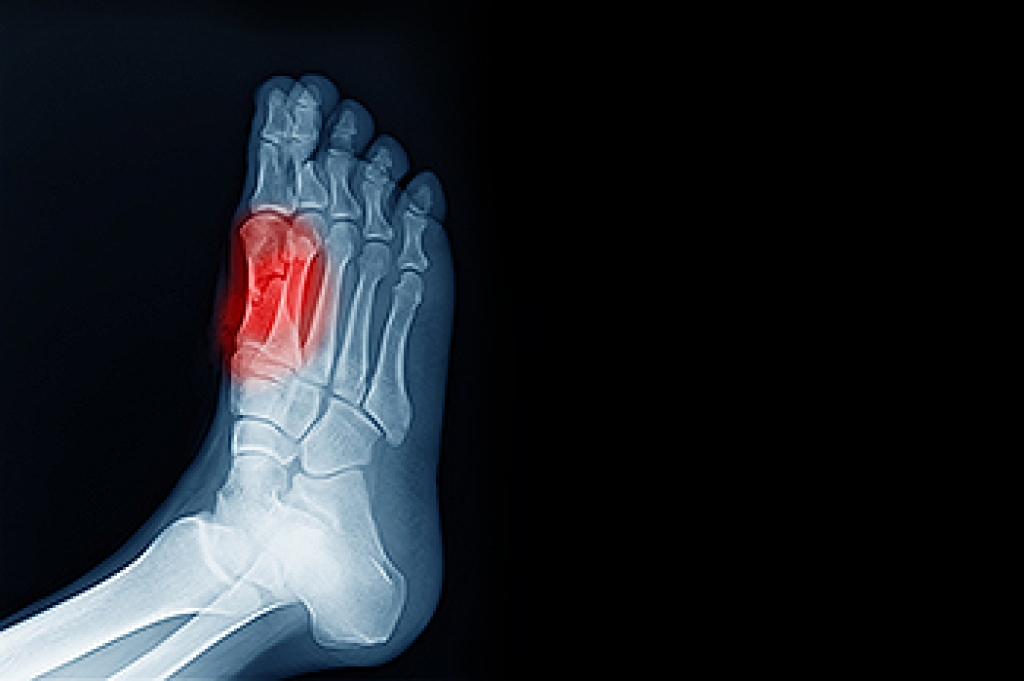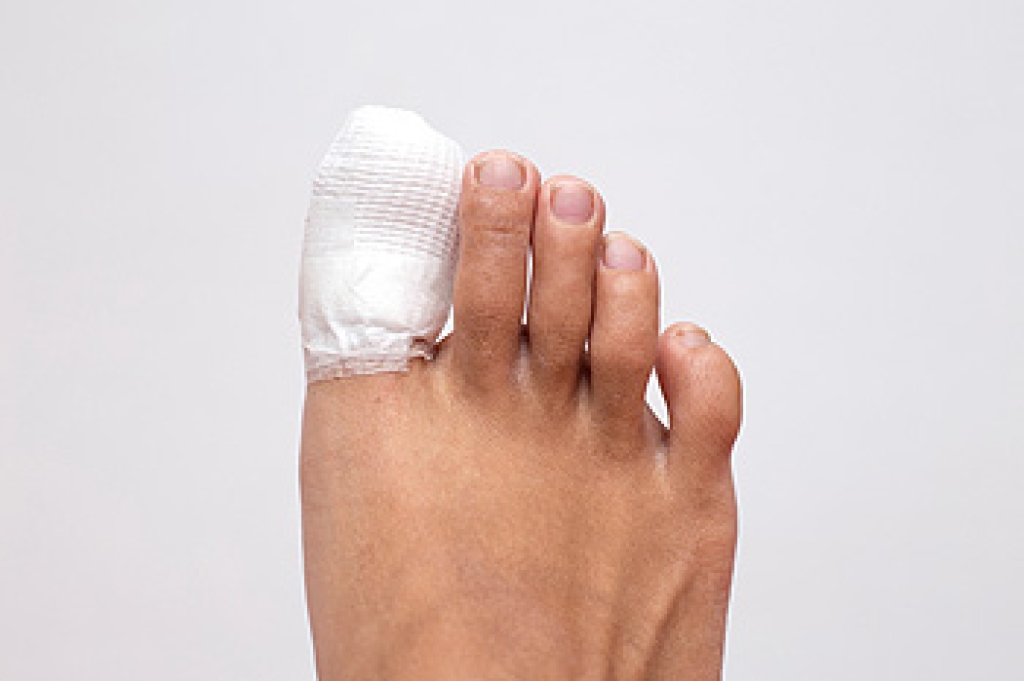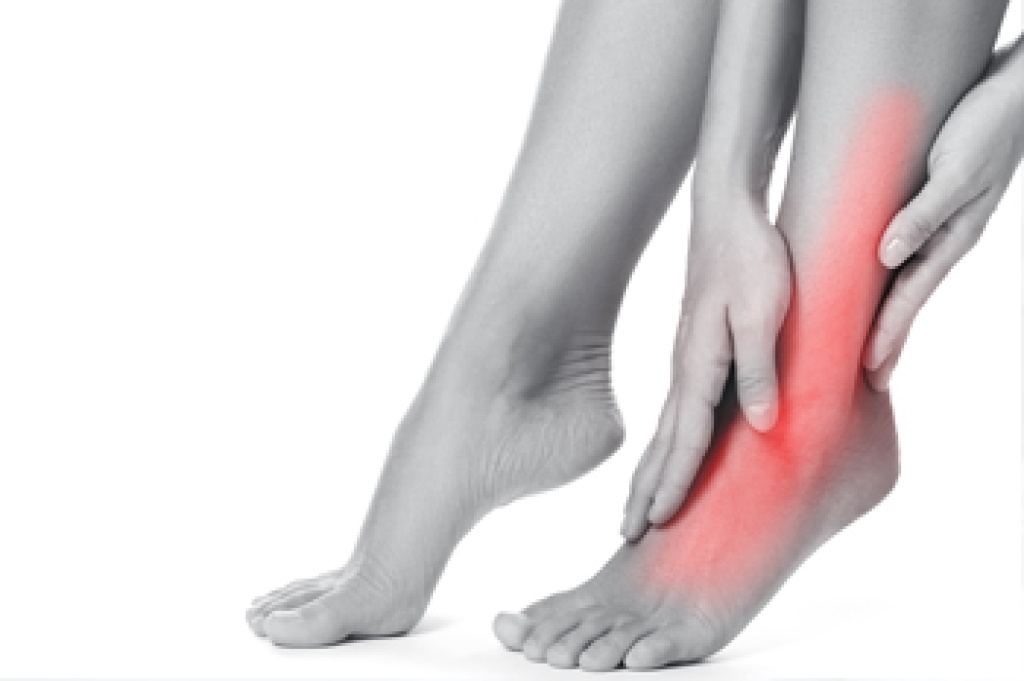
Flat feet, also known as fallen arches, occur when the arches of the feet collapse or do not develop properly, causing the entire sole to touch the ground. There are flexible flat feet, where an arch appears when not bearing weight, and rigid flat feet, where the arch is always absent. Heel stretches gently lengthen the Achilles tendon to reduce strain and improve flexibility. Tennis ball rolls massage the sole to relieve tension and stimulate muscles. Arch lifts strengthen intrinsic foot muscles by raising the arch while keeping toes grounded. Additionally, calf raises build lower leg strength to better support foot structure. A podiatrist can assess alignment, recommend orthotics, and design a personalized treatment plan. If you have pain or discomfort from flat feet, it is suggested that you consult a podiatrist who can offer effective relief and management solutions.
Exercising your feet regularly with the proper foot wear is a great way to prevent injuries and build strength. If you have any concerns about your feet, contact one of our podiatrists from Florida Ankle & Foot Institute. Our doctors can provide the care you need to keep you pain-free and on your feet.
Exercise for Your Feet
Exercise for your feet can help you gain strength, mobility and flexibility in your feet. They say that strengthening your feet can be just as rewarding as strengthening another part of the body. Your feet are very important, and we often forget about them in our daily tasks. But it is because of our feet that are we able to get going and do what we need to. For those of us fortunate enough to not have any foot problems, it is an important gesture to take care of them to ensure good health in the long run.
Some foot health exercises can include ankle pumps, tip-toeing, toe rises, lifting off the floor doing reps and sets, and flexing the toes. It is best to speak with Our doctors to determine an appropriate regimen for your needs. Everyone’s needs and bodies are different, and the activities required to maintain strength in the feet vary from individual to individual.
Once you get into a routine of doing regular exercise, you may notice a difference in your feet and how strong they may become.
If you have any questions, please feel free to contact our offices located in Tavernier, Marathon, and Key West, FL . We offer the newest diagnostic and treatment technologies for all your foot care needs.







